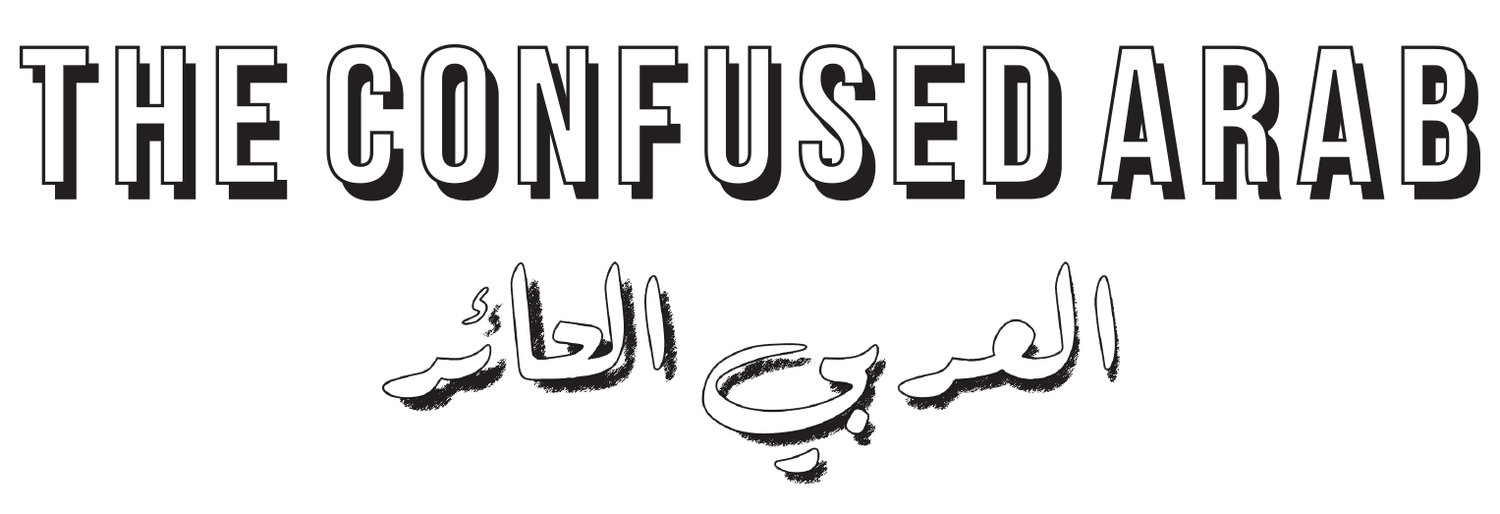Overfamiliar but intriguing, laid-back and loud,
Oran is more than a city, it’s a song.
Identity Card
• Oran, وهران in Arabic (from Tamazight, ‘Ahran” lions) was founded in 902.
• Waharna (plural of Wahrani): around 800,000 but the total agglomeration has around 1.5 millions inhabitants.
• Languages: mainly Arabic, French, and Tamazight. The Oran darija (dialect) is very easy to recognize compared to the dialects of other regions.
• National currency: the Algerian dinar(DA): 1US$= 115 DA at the official rate (up to 160 DA on the parallel change market).
-Where are you from?
- Wahran (Oran in Arabic)
Observe the facial expressions. Quite instantly you will see a smile appearing on the face of the person you’re talking to. Capital of West Algeria, the region commonly called “Oranie”, Oran has always had a scandalous reputation due to its “live and let live”(relative) philosophy.
Here, they say, people have a spontaneous language; music is loud and women are freer. The city is internationally associated with Rai music, soundtrack of the urban agitation which resonates from homes to cabarets.
Credit: Zakaria Kheddam
Al Bahia is the first touristic destination of the country with very ambitious projects to make it a key Mediterranean metropole. The city will host the 2021 Mediterranean Games which should help it to bond over its sea port heritage.
During the French colonial period, Oran was the most European city in Algeria, and native Algerians represented just 35% of the total population. Spanish was with French the most spoken languages.
The geography and the history of the city have always helped maintain strong links between Oran and Spain. Founded in 900 by Andalusians sailors, the city went through all the great Berber and Muslim dynasties, from Almoravides, Almohades, to Zianides welcoming thousands of Moors and Sepharades from Andalusia fleeing the Reconquista in 1492.
Credit: Amel Benaoudia
A few years later, Oran was occupied by Spanish forces who remained in place for two centuries, until Ottoman troops took control of the city. Destroyed by two major earthquakes and emptied of its population by a Plague epidemic, Oran became a key destination for European colonization in Algeria. Boats full of Alsacians, Maltese, Italian andSpaniards accosted in Oran’s port. Before the independence in 1962, Oran was also home to also one of the biggest Jewish community in North Africa.




Today, Wahran is still a city where people come to be someone else or actually just be themselves. Many families from the East of the country or from Kabylie settled in Oran in the 1990’s to escape terrorism. When Algeria was facing terrorism, Oran remained a bubble where the tension was less perceivable. Many were scared that a rural exodus might turn the West metropole into a big village, but the various economic projects and future touristic development helped the city keep hold of its charming soul.
Insolent but appealing, Oran is free and spontaneous. She can be provincial but the sun gives her reflects of capital city. In songs or in novel, Oran has always been celebrated for its unique spirit making it, yesterday as tomorrow, an open scene for artists and life-lovers.
Famous Wahranis
• Reinette
Born in Tiaret in 1918, Sultana Daoud became blind when she was 2. Urged by her mother, , she joined the master of Jewish-algerian music, Saoud l’Oranais. He taught her the basics of classic Andalusian music and gave her stage name of “Reinette l’Oranaise”. She later played with great masters such as Mohamed Al Anka. In 1962 , she relocated to France where she performed in traditional Algerian weddings. In the late 1980s, with the growing interest for ‘World music”, Reinette came back to fame with several concerts between Paris and London. She passed away at 80 years old in Paris.
Watch here a great documentary (in French) on her life directed by Jacqueline Gozlan
• Rimitti
Rimitti never revealed her full real name. Born in 1923 near Sidi Bel Abbes, Saadia el Relizania (from Relizane in west Algeria), started her career at 15, singing and dancing in a traditional Gasba (Rural Bedouin flute) troop. She earned her stage name “Rimitti” from her generosity in the bars and cabarets in which she was performing (Rimitti comes from French word “Remettez” Putting back). Through her songs, Rimitti created several scandals by popularizing explicit songs traditionally sung in women-only environments. After the Independence, she spent several years in France where in 2006 she released an album opening her career to a wider audience, performing in NYC and eventually collaborating with the Red Hot Chilli Peppers.
• Abdelkader Alloula
Thanks to several plays in darija (Algerian Arabic dialect), Abdelkader Alloula initiated the birth of a strong Algerian theater scene. After landing several roles at the national level, he became the Head of the Regional Theater of Oran. Through adaptation of Gogol as “Hammam Rabi” (from the ‘Government inspector” by Gogol), or “El khobza,” he was denouncing the socio-political situation of Algeria on stage. Alloula was murdered in Oran by Integrists in 1994. As an homage, the regional theater of Oran has since been named after him.
• Cheb Hasni
Born Hasni Chekroun in Oran in 1968, he remains, despite his assassination in 1994, an icon of Rai music. Through his prolific career, Hasni developed his own style called ‘Rai love’, with romantic lyrics dealing with social topics as forbidden relationships, emigration and nostalgia. His main hits are “Bayda mon amour”, “Tal ghiabek ya ghezali” and “Mazel souvenir andi”







